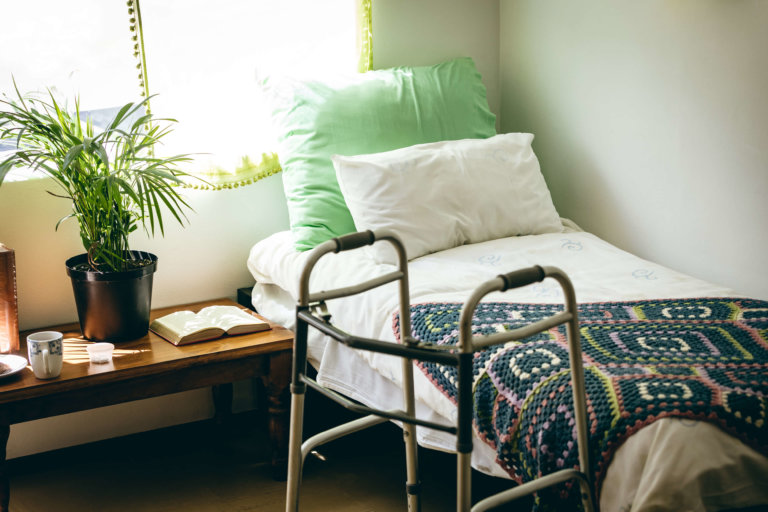Yes, hospitals and nursing homes can be responsible for bedsores if the wounds were the result of the negligence of the facility or worsened because of the facility’s carelessness. Some people might think that bedsores are an insignificant condition, but these wounds, also called pressure ulcers or decubitus, can be extremely painful and can develop complications that end a person’s life.
A New Jersey nursing home abuse attorney can evaluate your situation and help determine if the hospital or nursing home is responsible for bedsores that developed on your loved one’s body.
What Are Pressure Ulcers?
The Mayo Clinic describes pressure ulcers as “injuries to the skin and underlying tissue resulting from prolonged pressure on the skin.” When skin covers bony areas, like the tailbone, hips, ankles, and heels of the feet, lying on an area like that for many hours or several days can damage the skin and create a pressure ulcer. Sometimes, a pressure ulcer never heals, despite medical treatment.
Bedsores are entirely preventable. With attentive patient care, healthcare providers can avoid having their patients develop bedsores. People with mobility challenges have the highest risk of developing pressure ulcers. If they cannot change their position on their own, they have to rely on other people to move them. In particular, individuals whose medical conditions confine them to a bed or chair for most of the time are likely to develop bedsores without diligent implementation of appropriate prevention protocols.
How to Detect Whether Your Loved One Has a Bedsore
An area that might be developing a pressure ulcer could be tender and either cooler or warmer to the touch than other parts of the body. The color or texture of the skin might exhibit unusual changes. There could be swelling, and eventually, pus-like drainage.
If caught and treated promptly, a bedsore might be limited to the outer layer of the skin. When neglected, however, a pressure ulcer could cause deep injury to muscle and even bone. Also, the patient might develop an infection that could either be localized or systemic. A systemic infection, like sepsis, can be fatal.
Where Bedsores Typically Develop
The location of pressure ulcers depends on whether the individual spends most of their time sitting in a chair or lying in bed.
- Wheelchair users are more likely to develop bedsores on their buttocks, tailbone, spine, shoulder blades, or the backs of their arms and legs that come in contact with the chair.
- Patients whose medical conditions create the need for them to stay in bed tend to develop pressure ulcers on bony areas that spend a lot of time in contact with the surface of the bed. These sites can include the shoulder blades, tailbone, lower back, hip, ankles, heels of the feet, backs of the knees, and the back or side of the head.
A pressure ulcer can become a medical crisis in a matter of hours because of a fever or other signs of infection. One should never ignore a bedsore in hopes that it will get better on its own.
Money Damages for Bedsores
If a hospital or long-term care facility caused your loved one to develop pressure sores because of carelessness, the healthcare provider might be held accountable for monetary damages, which could include things like medical bills to treat the wounds and complications, pain and suffering, and other losses. A New Jersey personal injury attorney can help you go after compensation from the negligent facility that caused harm to your loved one. Contact our office today for a free consultation.

